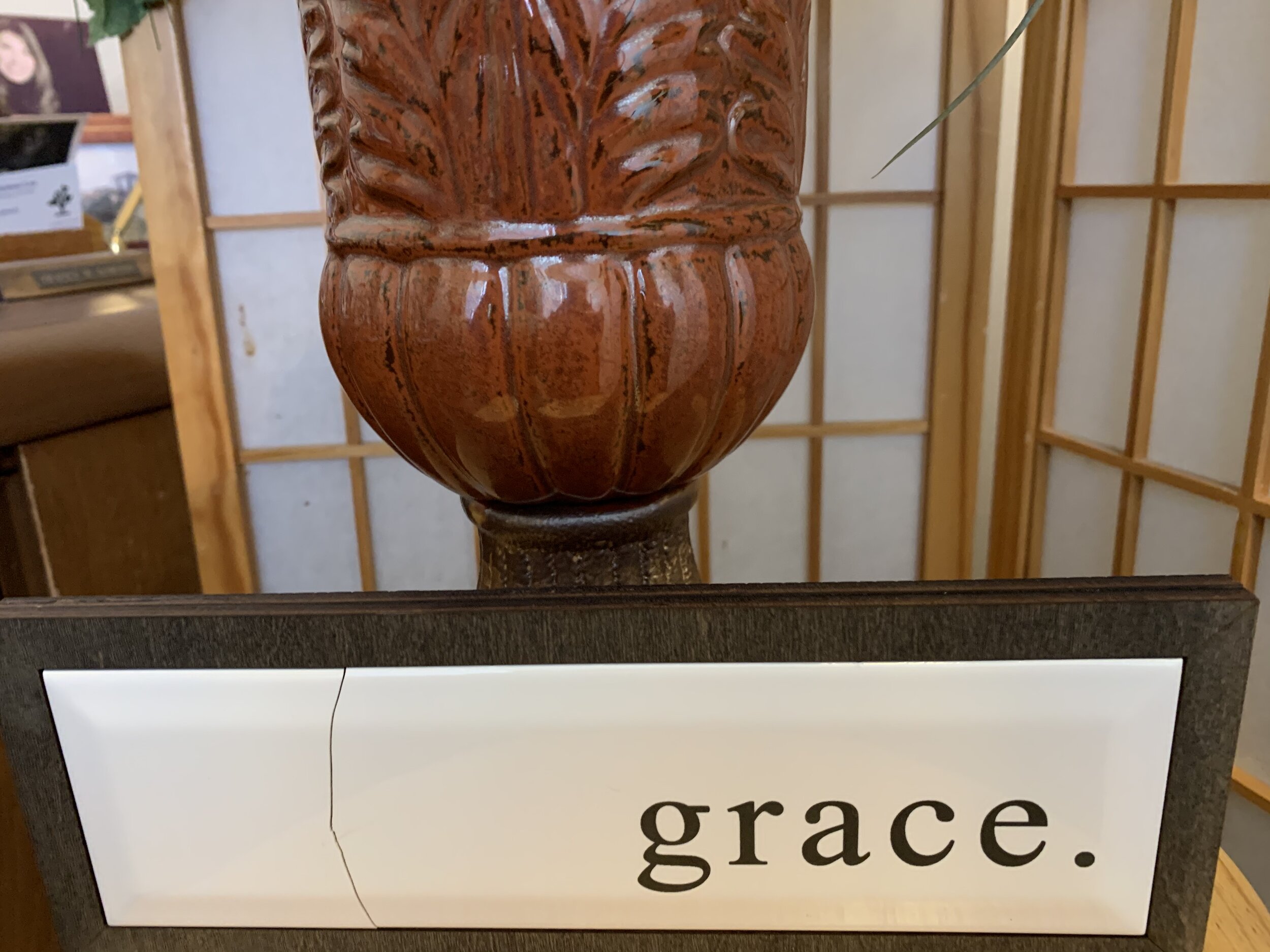




Hope and the Pursuit of Happyness (sic)-Advent Hope
Today’s theme is Hope. We light the Advent candle of Hope for a better world, for an end to the pandemic, for a peaceful exchange of governmental leaders, and for a new era of racial justice and equity. We ring in the sounds of hope for all those who have lost their jobs or businesses, for whom government aid has run out and for whom the winter is the bleakest. In the film I showed this past Friday, Will Smith and his son, Jayden Smith play a single father and little son who are struggling against a tide of implicit racism and economic uncertainty.

The Spiritual Discipline of Community
This Summer’s Film Festival is helping us explore Spiritual Practices. Last week we looked at the Spiritual Practice of being truthful with God, with yourself and with others. This week’s film, “It’s a Beautiful Day in the Neighborhood,” walks us into the Spiritual Practice of Forgiveness.

The Spiritual Discipline of Ableness
When we know that God is with us, we can be so much more than we can be alone. The Peanut Butter Falcon, our featured film this week, introduces us to a unique young man who is differently abled.

The Spiritual Practice of Finding Your Own Voice
Bruce sings, “Talk about a dream, try to make it real.” (Badlands) This is Javed’s anthem in the film, Blinded by the Light, that it is in his speaking aloud about his dreams—separate from his father’s—that he begins to make them real.

The Spiritual Practice of Exorcising Your Demons
We simply must call on the power of God’s love against the demons we confront today, those who occupy our minds and spirits—and those who occupy the body and soul of other sufferers, demons that do not want us to live good stories. “Evil takes root by a series of small decisions,” warned the cleric and anti-apartheid activist, The Most Reverend Desmond Tutu. He talked about the human form being made for goodness, not for its opposite, evil. He said, “ Evil does not sweep in like a tsunami; it bleeds into the fabric of life, washing out the joy and staining the beauty.”

The Spiritual Practice of Finding Your Humanity
I could literally preach on this movie for a month of Sundays, but I want to focus on one aspect you may have missed in watching the movie or reading about the case: There are three characters in the film that, through the witness of Attorney Bryan Stevenson’s tireless work on behalf of death row convicts, eventually rediscover their humanity and use it for good.

The Spiritual Practice of Heroism
Folks called the person who was freeing the slaves of the 1850s, “Moses.” Whoever it was, he seemed to fear nothing. He appeared on farms and plantations in the middle of the night, convincing slaves to follow him to freedom. He defied all odds of getting caught.
Little did they know that “Moses” was a woman, a young girl barely standing 5 feet tall.

Leaving Home
This week we study in our Fall Film Series the fictional history of Eilis Lacey, a barely-adult Irish woman who in the 1950s hears the call of America and sets her sights on making a new life for herself there. Though her widowed mother tries to dissuade her from going, Eilis is determined to leave home and seek her future in the Land of Opportunity. The film paints a clear picture of the courage it took for her to come alone to America.

You’re Five Foot Nuthin’
Like Samuel, Rudy heard God’s call and once he understood what it was to be, he did not hesitate.

Turn On Your Heart Light
Steven Spielberg created ET to be experienced through the eyes of the children. He wanted to tell a story of how a broken family and unempowered kids could be brought together in responding to a greater need, the need to rescue, save, and release to his home a creature from another world. ET requires that the viewer release their assumptions and allow the characters to tell the story of love that transcends science and rules, convention and the normal power dynamics inherent in our society.

Second Chances
Coach Norman Dale got a second chance, too. In the film, Hoosiers, Dale- played by the incomparable Gene Hackman, comes to a small, inconsequential high school in Indiana to coach its tiny, mediocre basketball team. The men of the town think they should help him coach, but he is not needing or wanting their offered advice.

The Parable of the Coke Bottle
I have dreaded trying to write a sermon for the first Sunday after this election. We are a purple church and we have designated this space as Sabbath Space where we can get away from politics. Frankly, I want to wake up tomorrow as my dog! Though he senses our stress and anxiety, Kona knows or cares nothing about any coke bottle, unless it has kibbles stored inside it just for him or it means extra walks to burn off stress and extra hugs just because we need them. One day is like the next for him. He’s like the family in The Gods Must Be Crazy, peaceful, routine, well-adjusted, and happy.

